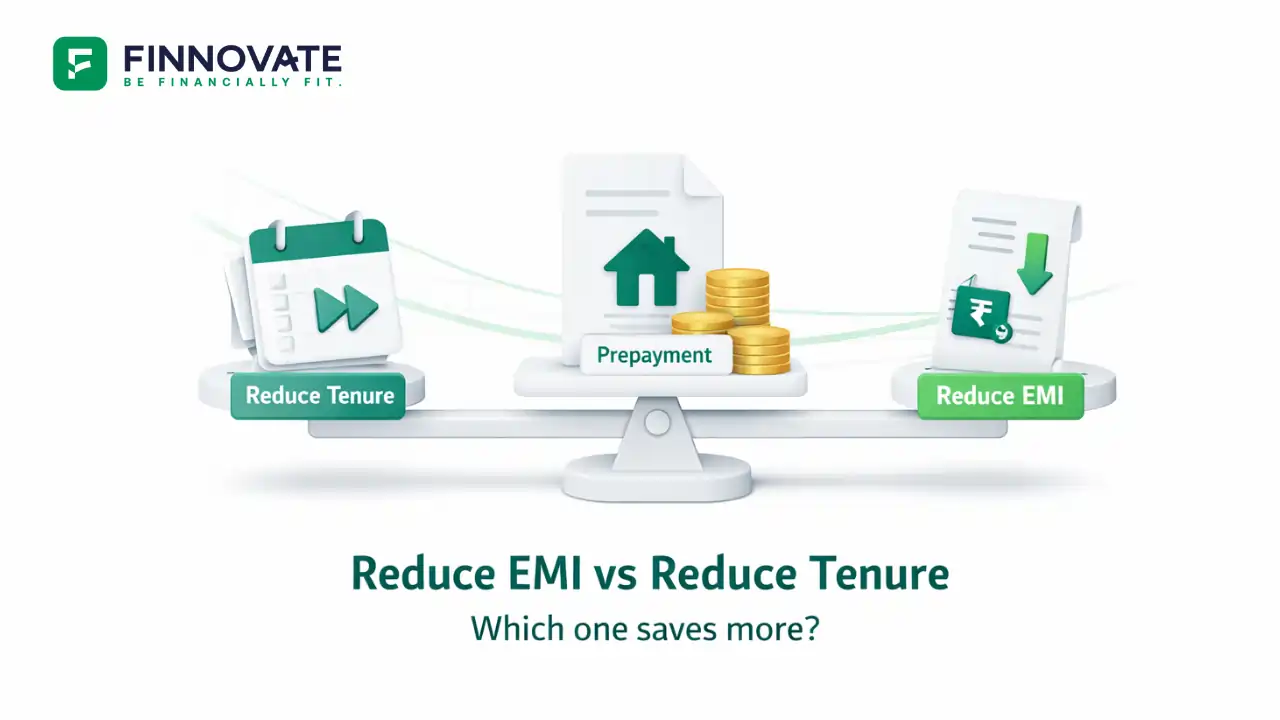
Reduce EMI vs Reduce Tenure: Which Saves More Interest in India?
Confused between reducing EMI or reducing tenure after a loan prepayment? See what saves m...
Of the many quotes on financial well-being, Jack Benny said it best: “Try to save something when your salary is small; because it is impossible to save after you begin to earn more.” It is paradoxical but true. Saving money is a habit that has to be built early to ensure complete financial well-being. Here are seven key steps to achieving financial security and independence.
The best route to financial well-being is writing your goals on paper. Clearly define how much you need after retirement. While it may seem like a distant goal, time flies faster than expected. By starting early on long-term goals, you can leverage time and the power of compounding. Additionally, outline shorter-term goals like saving for a home down payment, marriage, or travel. Since these are shorter-term goals, plan them through low-risk debt funds or fixed-income investments.
When should you start investing? There are no strict rules, but the best time is with your first paycheck. Consider this example:
A person who invests Rs. 20,000 per month at 15% for 5 years will have allocated Rs. 12 lakhs, which grows to Rs. 18 lakhs after 5 years. That is a wealth ratio of 1.50 times.
Another person who invests Rs. 5,000 per month for 20 years at the same 15% rate will still allocate Rs. 12 lakhs, but the corpus will grow 6.33 times to Rs. 76 lakhs.
In both cases, allocations are the same, but the wealth effect is vastly different. This demonstrates the power of compounding—start early and stay invested.
When it comes to financial well-being, consistency and discipline are key. These apply in two ways:
Invest through SIPs (Systematic Investment Plans) rather than lump-sum investments. This way, you benefit from rupee cost averaging.
Manage expenses wisely. Control EMI outflows and avoid excessive debt. A disciplined approach ensures that time works in your favor, compounding your savings over the long term.
Roger Babson said, “Individuals should tell their dollars where to go; rather than asking the dollars where they went.” For financial control, a household budget is essential. Knowing where your money is coming from and where it is going is crucial.
There are two key steps to regaining control over finances:
Eliminate high-cost debt. Credit card debt and personal loans can destroy financial well-being.
Ensure savings are prioritized. Avoid overspending, and make savings a non-negotiable part of your budget. In short, cut your coat according to your cloth.
Once you accumulate a corpus, the next step is to protect it from external shocks. While emergencies are unpredictable, you can take proactive steps:
Maintain an emergency fund equivalent to 4-6 months of earnings.
Get life and medical insurance to avoid financial strain during health crises.
Consider asset and liability insurance to cover unexpected expenses.
Starting early ensures that if Plan A fails, you have a solid Plan B in place.
A wise saying goes: “The more you sweat in peace, the less you bleed in war.” The ultimate indicator of financial well-being is freedom of choice. Throughout your career, you may need to make sacrifices, but these should grant you financial freedom later.
For example:
By the time you retire, you should aim to be debt-free.
Having a stable investment portfolio means you can enjoy life’s pleasures without financial stress.
Financial independence gives you the ability to pursue your passions without worrying about expenses.
Your financial journey should have clear milestones. It’s not enough to set 25-year goals and expect them to work automatically. Instead, break them into smaller milestones and track progress regularly.
Set 5-year investment targets and adjust strategies as needed.
Review your portfolio annually and rebalance as necessary.
Take corrective action whenever your savings and investment growth are off track.
Achieving financial well-being is a journey, not a destination. By starting early, investing consistently, managing expenses, and protecting your wealth, you set yourself up for long-term financial success. Follow these seven steps, stay disciplined, and watch your financial future flourish.
Popular now
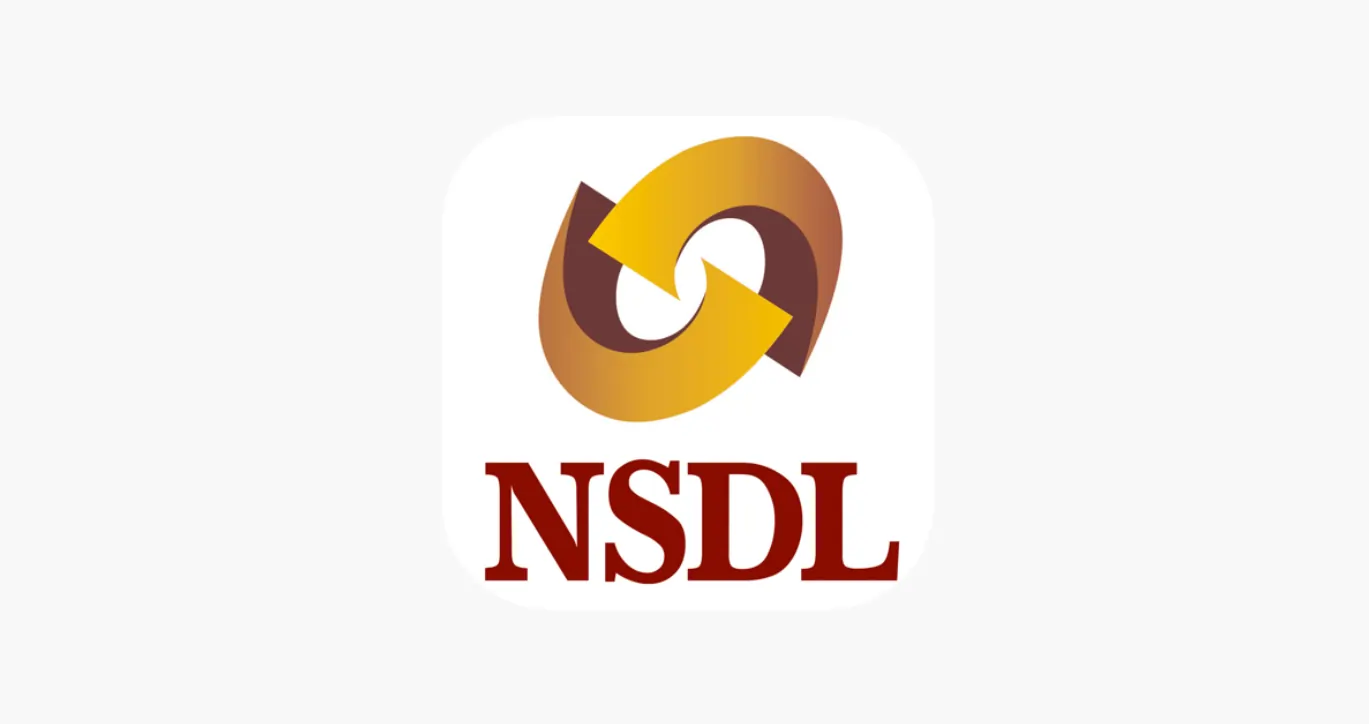
Learn how to easily download your NSDL CAS Statement in PDF format with our step-by-step g...
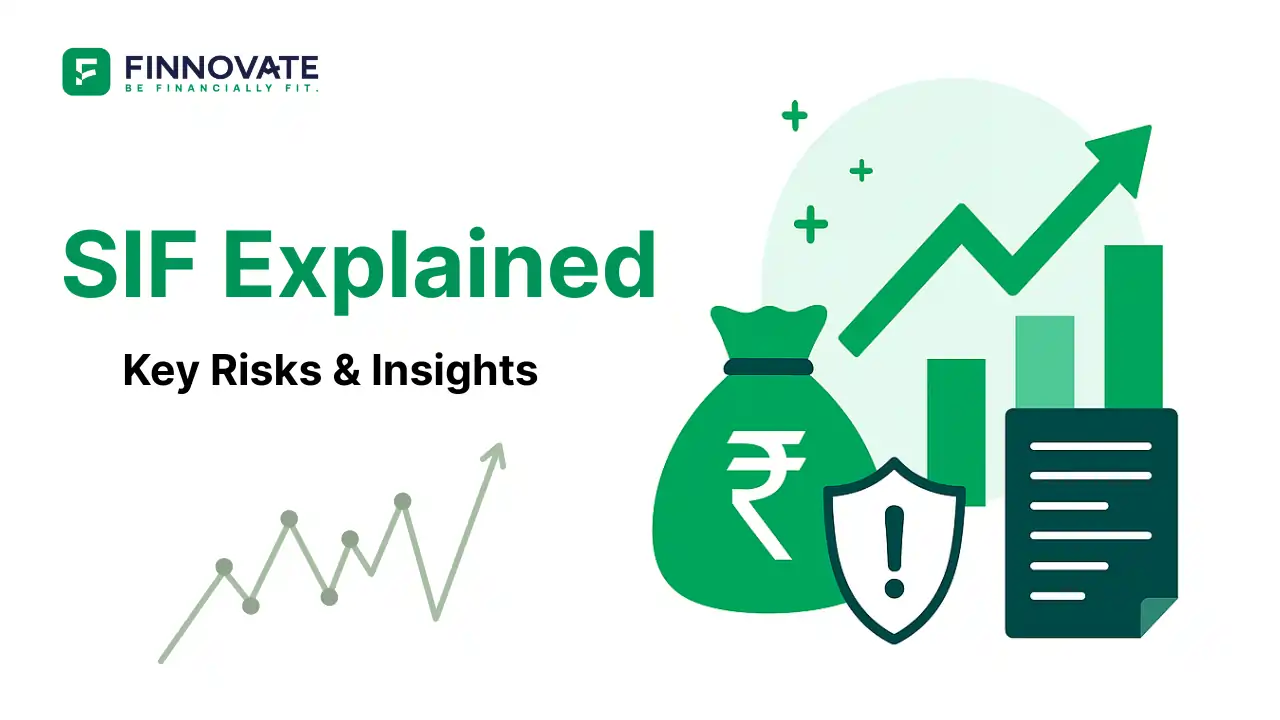
Explore what Specialised Investment Funds (SIFs) are, their benefits, taxation, minimum in...
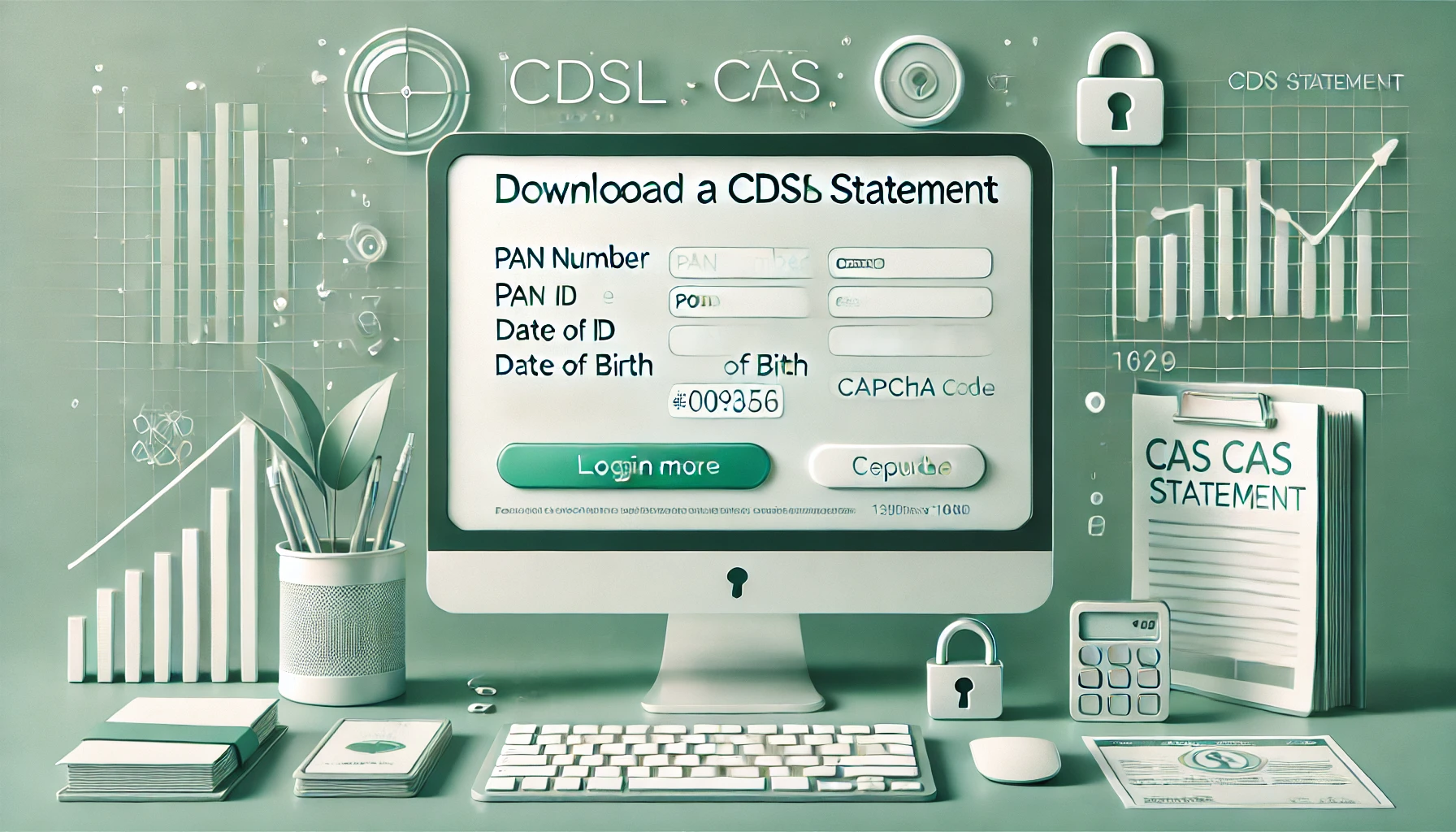
Learn How to Download Your CDSL CAS Statement with our step-by-step guide. Easy instructio...
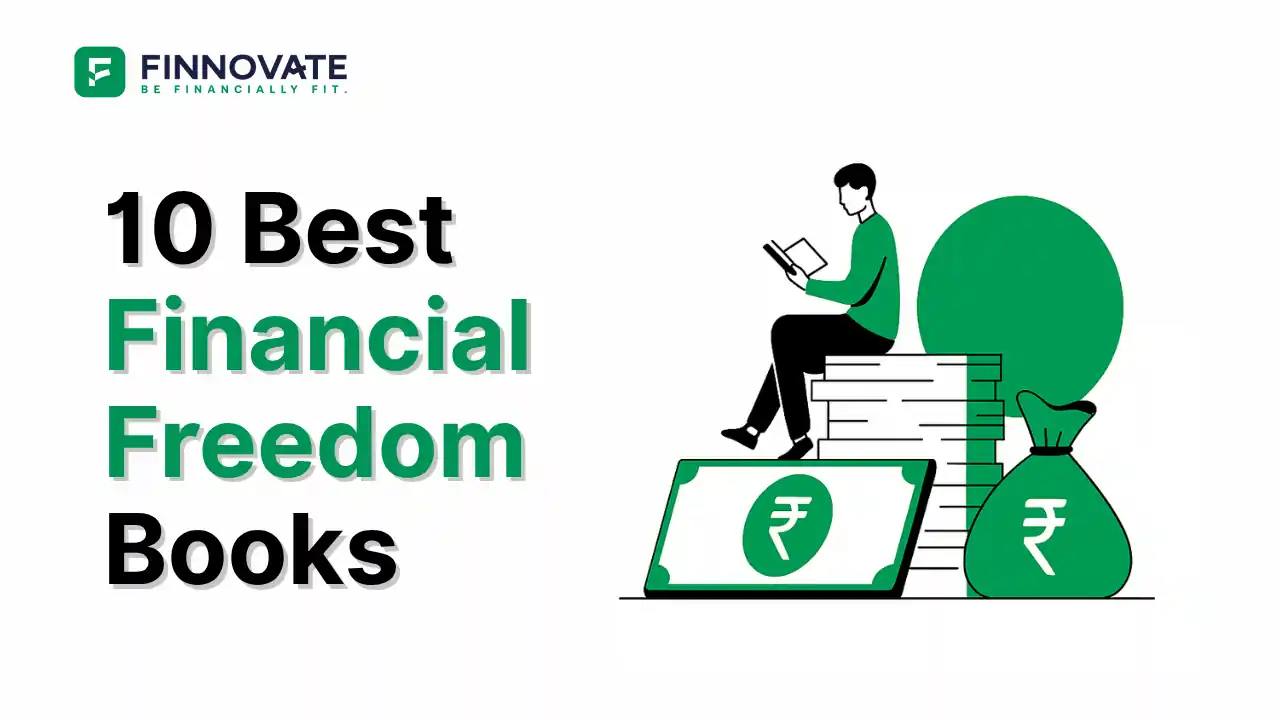
Looking for the best financial freedom books? Here’s a handpicked 2026 reading list with...